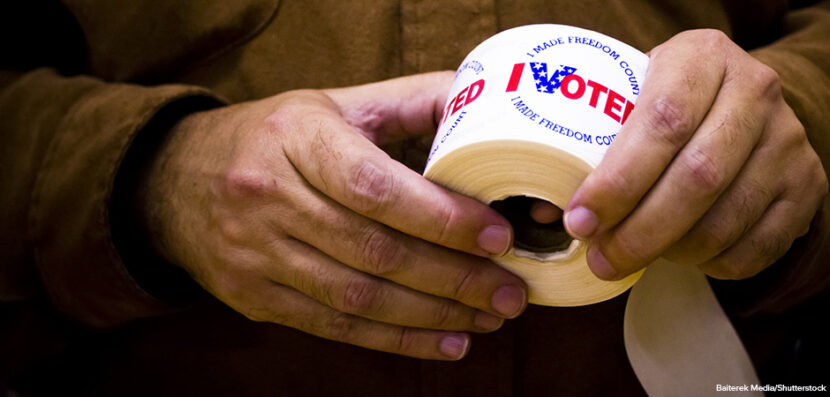South Carolina: A Turning Point in the Presidential Primary?
First, there was Iowa . . . then New Hampshire and Nevada . . . and this past weekend, South Carolina. For many Democrats, the outcome of the South Carolina primary was a turning point, a “make it or break it” moment for several of the candidates. Here, Election Central takes a look at what happened in South Carolina this weekend, and what the outcomes may mean to the candidates who remain.
Why South Carolina?
The South Carolina primary is an important one because it’s the first one with a significant number of African American voters. In this way, it is the first opportunity the country has to get a real sense of how successful each candidate might be with an important segment of the Democratic Party membership that had not been gauged in the previous primaries and caucuses. South Carolina also has a higher percentage of voters over 45 than the earlier primaries, meaning that it’s also the first chance Democrats have to see how senior citizens might cast their votes.
For both of these reasons–and because he had spent a significant amount of campaigning time and money there–former vice president Joe Biden was predicted to be the winner in South Carolina by a wide margin. Biden is popular among older voters, and data and polling suggest that he is also generally popular with African American voters because he was vice president to former president Barack Obama. Reminding voters of this has been a key focus of Biden’s campaign strategy up to now.
A Strong Victory
Biden did sweeep South Carolina in a landslide, carrying nearly 50 percent of the total vote. This was a noticable shift from previous primaries. (Biden placed fourth in Iowan, fifth in New Hampshire, and second in Nevada.) But by no means is the race finished. While his win in South Carolina definitely injected the Biden campaign with some much-needed momentum, other candidates–especially Senator Bernie Sanders–remained close on his heels going into the next round of primaries.
A Surprising Aftermath
The effects of the South Carolina primary were immediate. Just hours after finishing fourth, billionaire Tom Steyer, who had spent nearly $200 million on the campaign in advertising alone, pulled out of the race. The following day, Mayor Pete Buttigieg of South Bend, Indiana announced that he also will be dropping out of the race. This was especially shocking, considering his co-victory in the Iowa caucuses in February. Since then, rather than gaining momentum as usually happens for candidates who win in Iowa, Buttigieg continued to slip in popularity, falling behind both Bernie Sanders and Joe Biden. Meanwhile, Mike Bloomberg began stepping forward with his huge cash reserves, while finances in the Buttigieg campaign were getting tighter. Then Biden’s decisive victory in South Carolina sealed the deal.
The day after Buttigieg’s surprising withdraw from the race, Senator Amy Klobuchar followed suit and suspended her campaign as well. Both Buttigieg and Klobuchar publically endorsed Biden. Many experts have praised the candidates’ desire to drop out, saying that doing so will help reunify the party. With fewer candidates on the stage, more money and resources can be focused on those who remain.
Others, however, are critical that yet again, candidates who provided diversity to the pool have dropped out. Either way, as the first openly gay person to run for president, Buttigieg leaves behind a historic legacy, despite not making it all the way to the White House.



